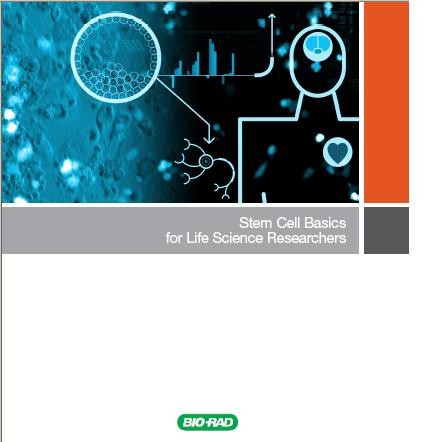This week, John Holdren, director of the Office of Science and Technology Policy, issued a Memorandum to the Heads of Departments and Agencies (posted on the White House blog) describing new governmental standards put forth to restrict political interference in scientific processes and expand assurances of transparency.
The memorandum also includes statements on the importance of selecting governmental scientists on the basis of their experience (rather than their political affiliation), providing open access to scientific information and allowing federal scientists to speak to the media without interference.
There are a number of sections in the memorandum which don’t hold much interest for me, such as the establishment of Federal Advisory Committees (reminds me too much of my thesis defense) and professional development of government scientists. Nonetheless, as I contemplate this memo, I believe that the American Biotechnologist community may have the most to gain from the aforementioned policies. This might sound surprising coming from someone who is generally boggled by politics, however I believe that concepts such as open access to scientific information which is free from political influence will be much appreciated by the scientific community.
Not everyone, however, shares my enthusiasm (or naivety). For example, Peter Aldhous of New Scientist quotes Francesca Grifo of the Union of Concerned Scientists’ as saying that the memorandum does not go far enough to define “minimum standards” and that too much “discretion is being left to individual agencies” to determine what actions are appropriate. Furthermore, MSNBC quotes Al Teich, the director of science policy at the American Association for the Advancement of Science (AAAS) who worries that “the word ‘appropriate’ appears a half a dozen times in (the) document, (which) means there’s a lot of discretion for these agencies as to how they implement it.”
Whatever the case may be, I am truly a scientist at heart, and I continue to place myself far from the world of political pundits. Nonetheless, this document did attract my attention and I’m very curious to hear what you, my fellow American Biotechnologists, think of it as well.
















